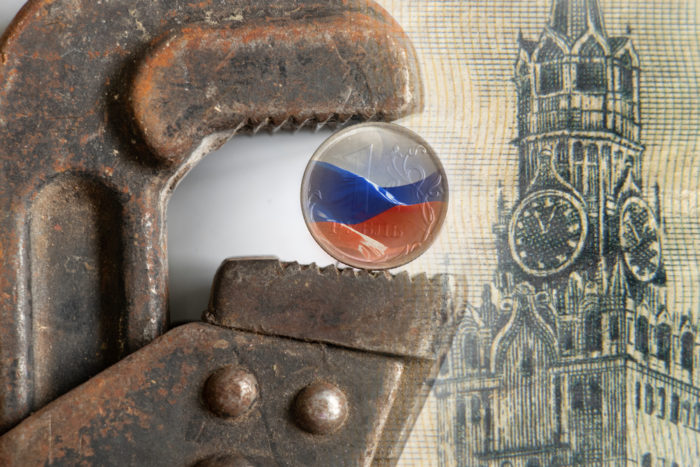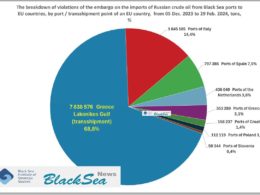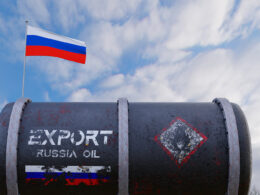"They currently consist of a broad spectrum of sectoral measures, including restrictions on trade, finance, technology and dual-use goods, industry, transport and luxury goods. They also cover: a ban on the import or transfer of seaborne crude oil and certain petroleum products from Russia to the EU, a de-SWIFTing of several Russian banks, and the suspension of the broadcasting activities and licenses of several Kremlin-backed disinformation outlets," the press release reads.
US ready to weaken sanctions if Russia withdraws troops from Ukraine, Nuland says
Russian oligarchs moved assets before Russian invasion of Ukraine to evade sanctions – US Treasury





